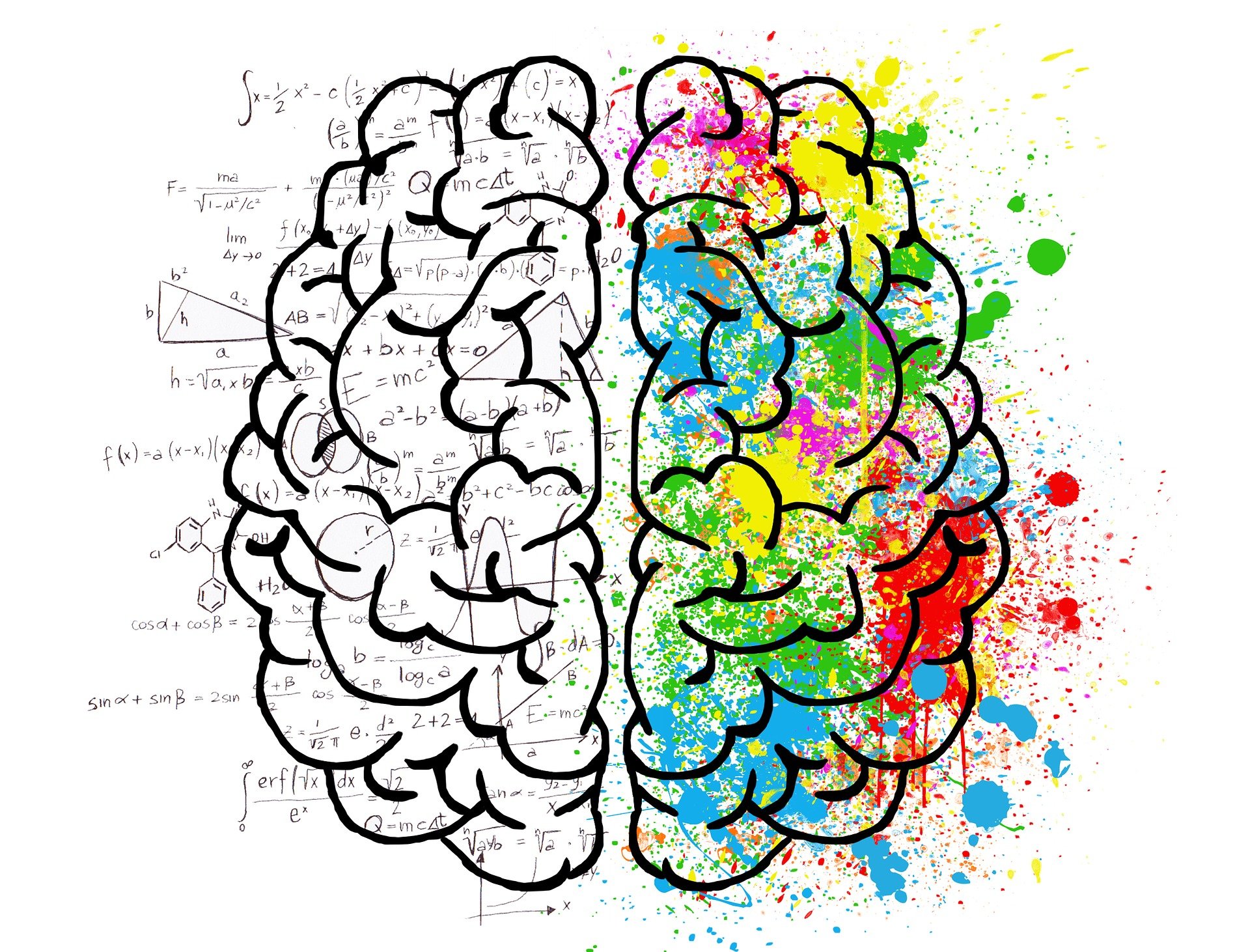Anthony Chemero, a Ph.D. and cognitive researcher at the University of Cincinnati, recently published some research, which suggests that the ubiquity of smart phones and other mobile devices doesn't affect people's brain power. This may come as a surprise. Many other studies have concluded the opposite, "that young people, especially, lose cognition, or brainpower when machines do the work for them." This study from 2017, for example, suggests that even the presence of a smartphone nearby will shred your focus.
Chemero says, " '[Technology] enhances our ability to do smart things by kind of offloading some of the tasks to a piece of technology.' " The thinking goes that since anyone can outsource menial cognitive tasks, such as memorizing phone numbers, onto a piece of technology, their thinking will be freed up to solve more sophisticated problems.
If divergences in research like these are any indication, technology's effects on individual people's concentration is still an open question. On the other hand, firm leaders need to take a more refined approach when considering how technology affects their employees' behavior on the job. In other words, if you're running a business, whether or not you succeed isn't a matter of who's carrying a smartphone and who isn't
Technology, Productivity, and Project Management
If you own a business, the discrete cognitive habits of your employees is less important than the broad metrics by which you measure the success of your business. In many cases, these take the form of key performance indicators, or KPIs, which we've covered in the past. Depending on the sector in which you work, KPIs can take a variety of forms, from number of products shipped to number of medical procedures performed over a span of time.
According to a 2020 report by Wellingtone, a firm out of the UK, 54% of businesses surveyed don't have access to real time KPIs. Instead, they have to manually collate and analyze their KPIs, which is time-consuming and onerous.
Thankfully, businesses have a lot of options to choose from when it comes to project management and KPI tracking software. Project management apps allow managers to track work as it occurs. Such a plane's-eye view of things can signal problems to management either before they occur or before they balloon out of control.
KPI dashboards, like this one from iDashboards we cited in our article about KPIs, are great for tracking production and productivity rates on both a micro and a macro level. Managers can see how productive a particular facility, shift or even team of workers is being. They can also track how production ebbs and flows over time, offering insight into which times of the day, week or year are most productive.
Furthermore, KPI and project management software can help firms standardize their processes, observe and correct safety hazards, improve their cybersecurity, and ease communication between different sectors in a organization.
Thus, even if smartphones erode people's concentration levels on an individual basis, that doesn't mean that leaders can't benefit from larger scale interventions, which make their operations more efficient, safe and profitable. Are you ready to try out a new project management software or KPI dashboard? Give Titan Tech a call today to start your free consultation.
And for everything else related to workplace technology, stay tuned for more later this week.

